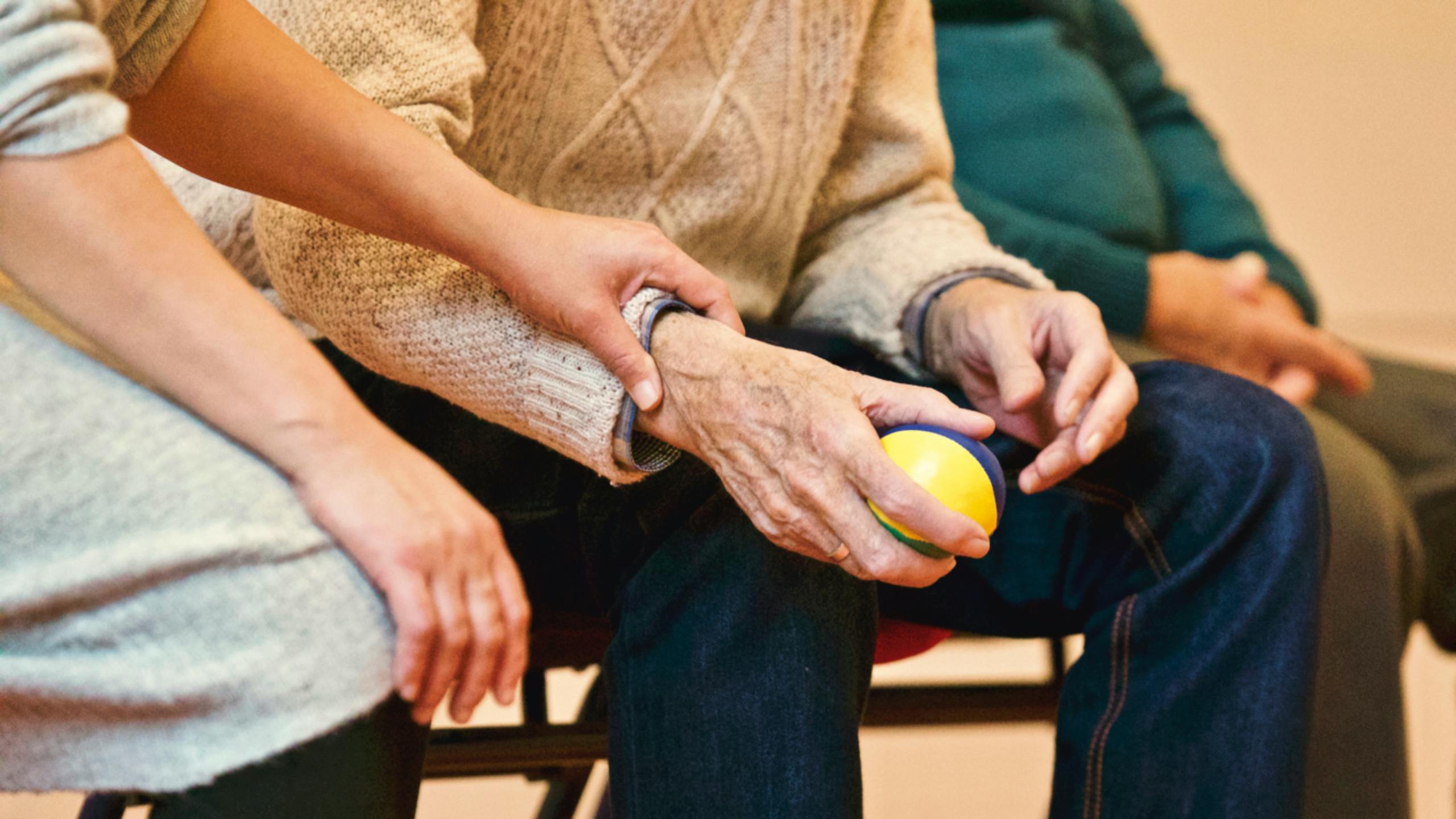
Australia has a proud history of serving those who serve, but when it comes to veteran care, there’s no room for complacency. The landscape of veteran support is evolving rapidly, and the challenges our heroes face today are not the same as they were a decade ago. To truly honour their service, we must look ahead, identify gaps, and invest in a future where every veteran has access to the care, resources, and respect they deserve.
At Wounded Heroes Australia, we see firsthand how critical it is to adapt and innovate in the way we support veterans. From mental health to housing, employment to community inclusion, there are areas that require urgent attention if we are to deliver outcomes that match the sacrifices made by those who have served.
This blog explores the current state of veteran care, highlights what needs to change, and outlines the vision for a future where no veteran is left behind.
Understanding the Challenges
Veterans face unique challenges that the general population often does not encounter. Physical injuries, mental health conditions such as PTSD, and the difficulties of transitioning to civilian life can all impact their quality of life.
Despite significant government investment in veteran support, gaps remain. Access to timely mental health services can be delayed, housing instability continues to affect some families, and employment opportunities are not always aligned with the skills veterans bring to the civilian workforce.
Add to this the invisible pressures - social isolation, financial stress, and navigating a complex support system - and it becomes clear that Australia must rethink how we approach veteran care. Immediate support is essential, but sustainable solutions are equally critical.
Mental Health Support: From Reactive to Proactive
Mental health has rightly become a focal point in discussions about veteran care. However, the approach is often reactive rather than proactive. Veterans frequently only seek help when crises arise, which can mean months of untreated conditions or delayed recovery.
The future of veteran care must prioritise preventative mental health strategies. This includes early screening, accessible counselling services, peer support programs, and education for families to recognise warning signs. Technology also has a role to play - digital mental health platforms and telehealth services can bridge the gap for veterans in regional or remote areas, ensuring help is available whenever and wherever it’s needed.
By investing in preventative mental health care, we not only reduce the long-term impact on veterans but also decrease the burden on emergency services and the broader health system.
Housing: Security Is Fundamental
A safe and stable home is the cornerstone of wellbeing. Yet housing insecurity continues to affect a small but significant proportion of veterans. Rising rental costs, the aftermath of service-related trauma, and the complexities of government housing programs can leave veterans vulnerable.
Future-focused veteran care must integrate housing solutions that are flexible, supportive, and sustainable. This could include transitional housing programs, rent subsidies, and partnerships with community housing providers to ensure veterans and their families are never left without a safe place to call home.
Housing is not just a roof over the head - it’s the foundation for recovery, reintegration, and independence. Secure housing enables veterans to focus on employment, education, and health without the constant stress of instability.
Employment: Harnessing Skills, Providing Purpose
Employment is more than a source of income - it’s a source of identity, purpose, and social connection. Many veterans possess highly transferable skills, from leadership and teamwork to technical expertise, yet they can struggle to find meaningful employment in the civilian sector.
The future of veteran care must include innovative employment programs, mentorship opportunities, and incentives for employers to recruit and retain veterans. Career transition support should start before service members leave the military, giving them time to upskill, plan, and prepare for a smooth transition.
By focusing on employment as part of veteran care, we empower veterans to lead fulfilling, independent lives while contributing their talents to the wider community.
Navigating the System: Simplifying Access to Support
One of the biggest challenges veterans face is navigating the complex web of support services. Multiple agencies, differing eligibility criteria, and bureaucratic processes can leave veterans feeling overwhelmed at a time when they are most vulnerable.
A future-focused approach must simplify access to support. This could include a “one-stop-shop” for veterans, streamlined referral processes, and case managers who can guide families through the system with personalised support.
Simplifying access ensures that veterans don’t miss out on the care they need and that support is delivered quickly and effectively - exactly when it matters most.
Community Inclusion: Beyond the Basics
Veteran care isn’t just about addressing physical or financial needs - it’s about fostering a sense of belonging. Social isolation is a real issue for many veterans, particularly those who live in rural or remote areas.
The future of veteran care must prioritise community inclusion. Programs that encourage connection, volunteering, social engagement, and peer support can help veterans rebuild their networks and find purpose beyond their service. Organisations like Wounded Heroes Australia are leading the way, offering programs that combine therapy, social interaction, and practical skills development in welcoming, inclusive environments.
Community inclusion is not a luxury - it’s essential for mental health, resilience, and long-term wellbeing.
Innovation and Collaboration: A Collective Effort
The future of veteran care will require innovation and collaboration across sectors. Government agencies, non-profits, healthcare providers, employers, and local communities must work together to create a seamless, responsive support system.
Data-driven approaches can identify trends, anticipate needs, and measure outcomes. Innovative technologies can improve access to services, monitor wellbeing, and personalise care plans. Collaboration ensures resources are used efficiently, and that veterans receive holistic care that addresses their diverse needs.
No single organisation can do it alone. The future of veteran care is a collective responsibility, and everyone - donors, community members, and service providers - has a role to play.
What You Can Do
Supporting the future of veteran care isn’t just the responsibility of government - it’s a call to action for all Australians. You can make a difference today by:
-
Donating to veteran support programs that provide immediate relief and long-term solutions.
-
Volunteering your time, skills, or expertise to help veterans reintegrate and thrive.
-
Advocating for policies that prioritise mental health, housing, and employment for veterans.
-
Spreading awareness about the challenges veterans face and the support available.
Every action, no matter how small, contributes to a future where veterans are respected, cared for, and empowered to lead fulfilling lives.
Final Thoughts: A Vision for the Future
The future of veteran care in Australia must be bold, compassionate, and forward-thinking. It requires addressing immediate needs while investing in long-term solutions, from mental health and housing to employment and social inclusion.
We owe it to our veterans to ensure they are supported not just when they ask for help, but before crisis strikes. By embracing innovation, simplifying access, and fostering community, we can create a future where every veteran is treated with dignity, every family has security, and every service is effective and responsive.
At Wounded Heroes Australia, we are committed to shaping that future. But we cannot do it alone. With your support - whether through donations, volunteering, or advocacy - we can ensure that the heroes who protect us have a system that protects them in return.
The time to act is now. The future of veteran care starts today.

























































